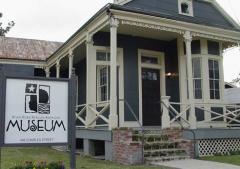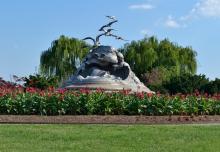 |
Navy – Merchant Marine Memorial
Washington, District Of Columbia |
Located in Lady Bird Johnson Park on Columbia Island, the Navy-Merchant Marine Memorial |
 |
Fort Zachary Taylor Historic State Park
Key West, Florida |
Named after 12th president Zachary Taylor, the U. S. |
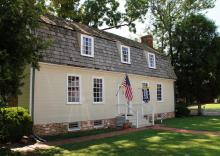 |
Wright’s Chance/Queen Anne’s County Historical Society
Centreville, Maryland |
Dating back to the 1700s, Wright's Chance is a Colonial period plantation house. |
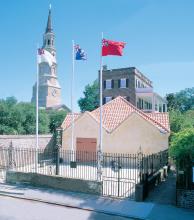 |
The Powder Magazine
Charleston, South Carolina |
Construction began on The Powder Magazine in 1712 and was completed by 1713, making it |
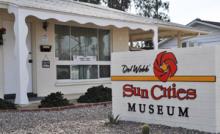 |
Del Webb Sun Cities Museum
Sun City, Arizona |
The Sun Cities Area Historical Society/Del Webb Sun Cities Museum is dedicated to the p |
 |
Steamship Historical Society of America
East Providence, Rhode Island |
THE STEAMSHIP HISTORICAL SOCIETY OF AMERICA was established in 1935 as a means of bring |
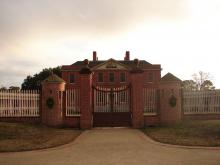 |
Tryon Palace
New Bern, North Carolina |
Tryon Palace is a modern recreation of the original palace, which served as the royal g |
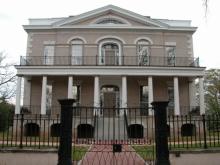 |
Hampton-Preston Mansion & Gardens
Columbia, South Carolina |
One of Columbia's oldest remaining historic houses, the Hampton-Preston Mansion was hom |
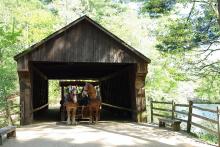 |
Old Sturbridge Village
Sturbridge, Massachusetts |
Old Sturbridge Village is the largest living history museum in New England, spanning o |
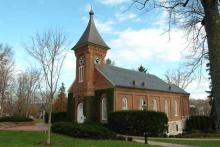 |
Lee Chapel And Museum
Lexington, Virginia |
Since the days of Robert E. |
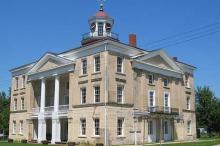 |
Bishop Hill
Bishop Hill, Illinois |
Many consider the Jansonist emigration as the beginning |
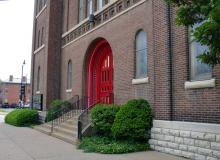 |
Lincoln Family Church
Springfield, Illinois |
The Lincoln family began attending the church in 1850 after the death of three-year-old |
 |
Fort Matanzas National Monument
St. Augustine, Florida |
The Spanish completed Fort Matanzas in 1742 to protect Matanzas Inlet, the "backdoor" t |
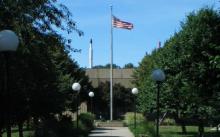 |
Nasa Wallops Flight Facility Visitors Center
Wallops Island, Virginia |
Rocket launches at WFF can be difficult to view due to the small size of some sounding |
 |
Antietam National Battlefield
Sharpsburg, Maryland |
It was at this battlefield that the Civil War saw its bloodiest single day battle. |
 |
Boston Harbor Islands
Boston, Massachusetts |
Many of the Boston Harbor Islands contain buildings and structures related to such uses |
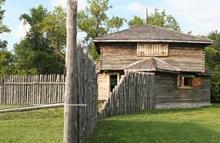 |
Fort Abercrombie
Abercrombie, North Dakota |
It was also the only post in the area to be besieged by Dakota (Sioux) warriors for mor |
 |
Fort De Chartres
Prairie du Rocher, Illinois |
This site marks the location of the last of three successive forts named “de Chartres” |
 |
Fort Sumter National Monument
Sullivan's Island, South Carolina |
Decades of growing strife between North and South erupted i |
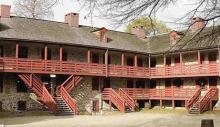 |
Old Barracks Museum
Fort Dix, New Jersey |
The barracks serves as an educational center for Colonial and American history, and sta |
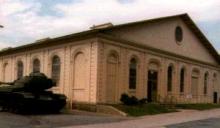 |
Watervliet Arsenal Museum
Watervliet, New York |
A small museum features exhibits on the evolution of large artillery and the arsenal’s |
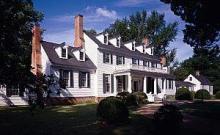 |
Sherwood Forest Plantation
Charles City, Virginia |
The plantation, first recorded in a 1616 land grant, was originally known as Smith's Hu |
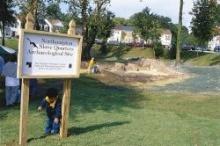 |
Northampton Slave Quarters
Lake Arbor, Maryland |
Of the large tobacco plantations of the 17th, 18th, and 19th centuries, Northampton was |
 |
Poche Plantation
Convent, Louisiana |
The Judge Poche Plantation House is significant in the areas of architecture and local |
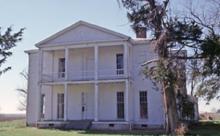 |
Arkansas Historic Preservation Program
Little Rock, Arkansas |
The Arkansas Historic Preservation Program is devoted to getting the citizens of Arkans |
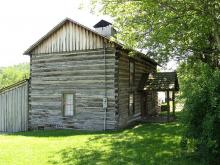 |
Levi Shinn Log House
Shinnston, West Virginia |
This late-18th-century colonial log cabin evokes the long-gone days of America's Revolu |
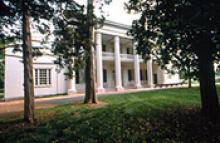 |
The Hermitage Home Of President Andrew Jackson
Nashville, Tennessee |
The Hermitage mansion has been meticulously restored to its 1837 appearance and today l |
 |
Greenbank Mill
Wilmington, Delaware |
The first mill at Greenbank was reportedly called the Swede's Mill dating from 1677. |
 |
Fort Pulaski National Monument
Savannah, Georgia |
The Battle for Fort Pulaski in April 1862 marked a turning |
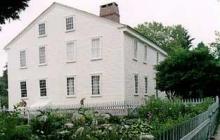 |
Smith's Castle
North Kingstown, Rhode Island |
During the 18th century, large plantations dotted the Narragansett shoreline from Wickf |
